I’d never make a Hollywood leading lady – but I can do character.

This evening I am braving possible thunderstorms and the rumblings of my own trepidation to attend the annual SCBWI BI Agents Party at Foyles Grand Design of a new bookshop. Choosing what to wear was tricky enough – but archfiend Nick Cook has issued us with a second badge.
We have to select one character from children’s lit we’d like to be. Crumbs. Where to start? All of them is not an acceptable answer. One close to me seems good.
Hermione? Well, I am a bit of know-it-all but she is too recent. If I included all the children’s characters I have grown to love as an adult, it would be impossible. Also I suspect Hermione will be very popular – as will delightful bookworm Matilda.
Eowyn? I think that’s cheating. OK I read LOTR when I was still a child but she’s not really a children‘s character. So how about Alan Garner’s Susan? Could be – I was utterly convinced that a bracelet of my grandmother’s with blue tear-drop stones was a magical talisman – and I’d get two books to inhabit (three if you count ‘Boneland’).
What about the other Susan – Narnian queen and healer ? Well, putting aside The Problem of Susan for another day, she does get four books to go at – but she is a bit of a bystander. I feel like that with Jane Drew in ‘The Dark is Rising’ books – I don’t really remember her that well.
That goes for many others – and I won’t pick ones I only really know from films or TV. Princess Eilonwy from The Chronicles of Prydain is too pretty, and so too is Princess Irene. Never could be doing with that. I will admit to fancying a few ‘baddies’ , though. Empress Jadis of Charn – who wouldn’t want to be remembered this way?
But she was a dem fine woman, sir, a dem fine woman.
That’s grown up me speaking, I suspect. Still, I’m far more fond of Captain Hook than Tinker Bell or Wendy – though I do have soft spot for Tiger Lily. She used bow-and-arrows in my mind – and how marvellous was that?
Of course, I can gender-swap. That gives me Kay Harker and Eustace Scrubb. Yes I know – Eustace is a complete prig – but he gets to be a dragon and learns his lesson. I’ve always loved that. I can identify with the miseries and misfits – Eeyore, Puddleglum, Bard the Bowman [though he gets a bit grand].
Well, time has run out. I have made my choice. If you’re at the Agents Party, you’ll know. If not, I will reveal all tomorrow.


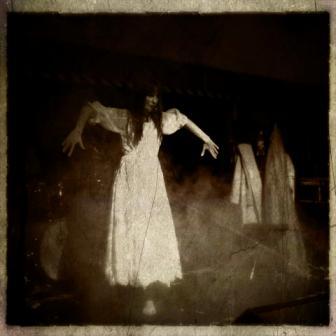
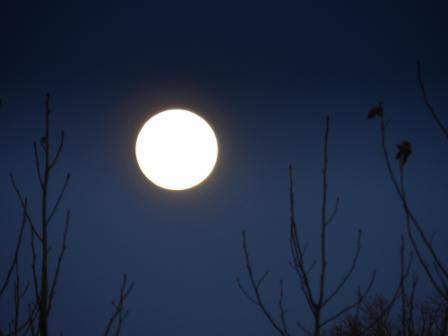
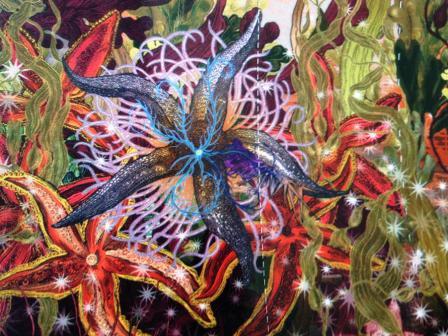

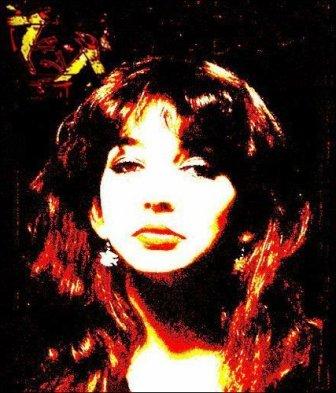



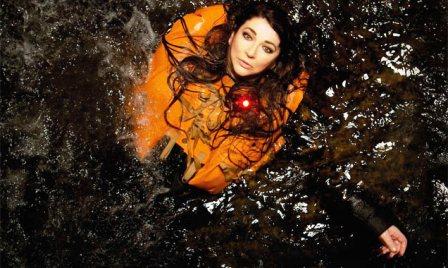
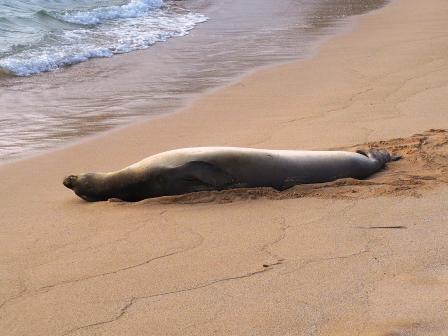


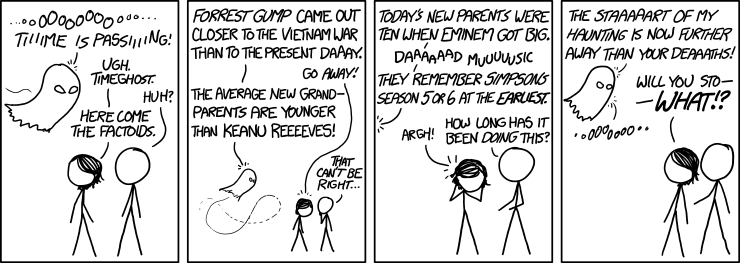
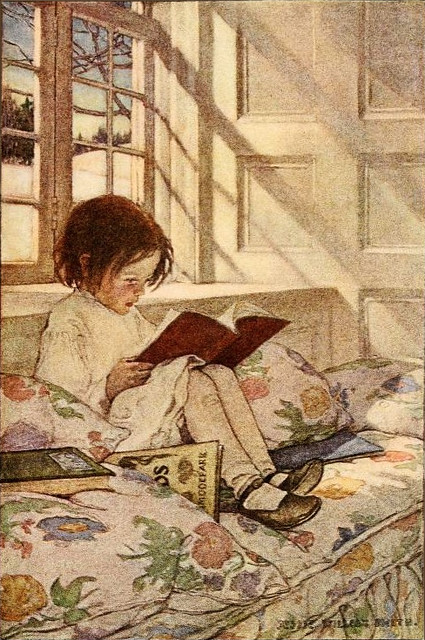

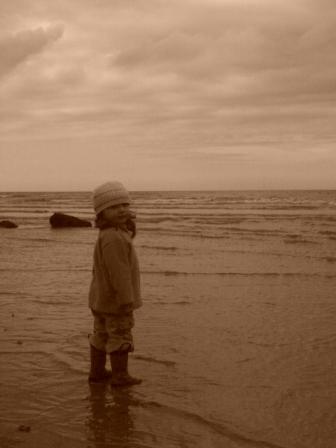
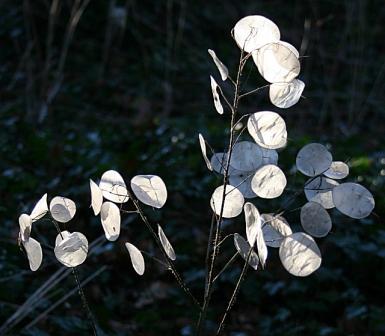

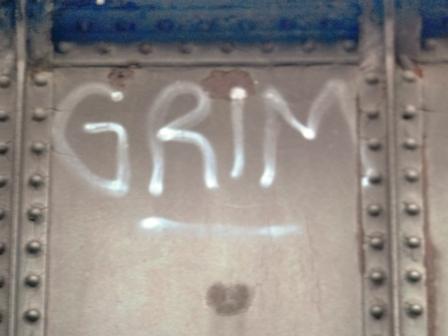


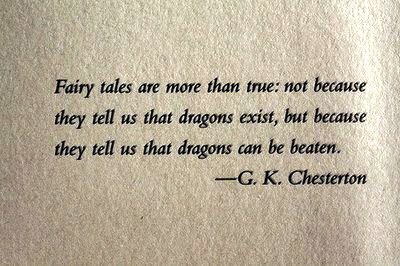


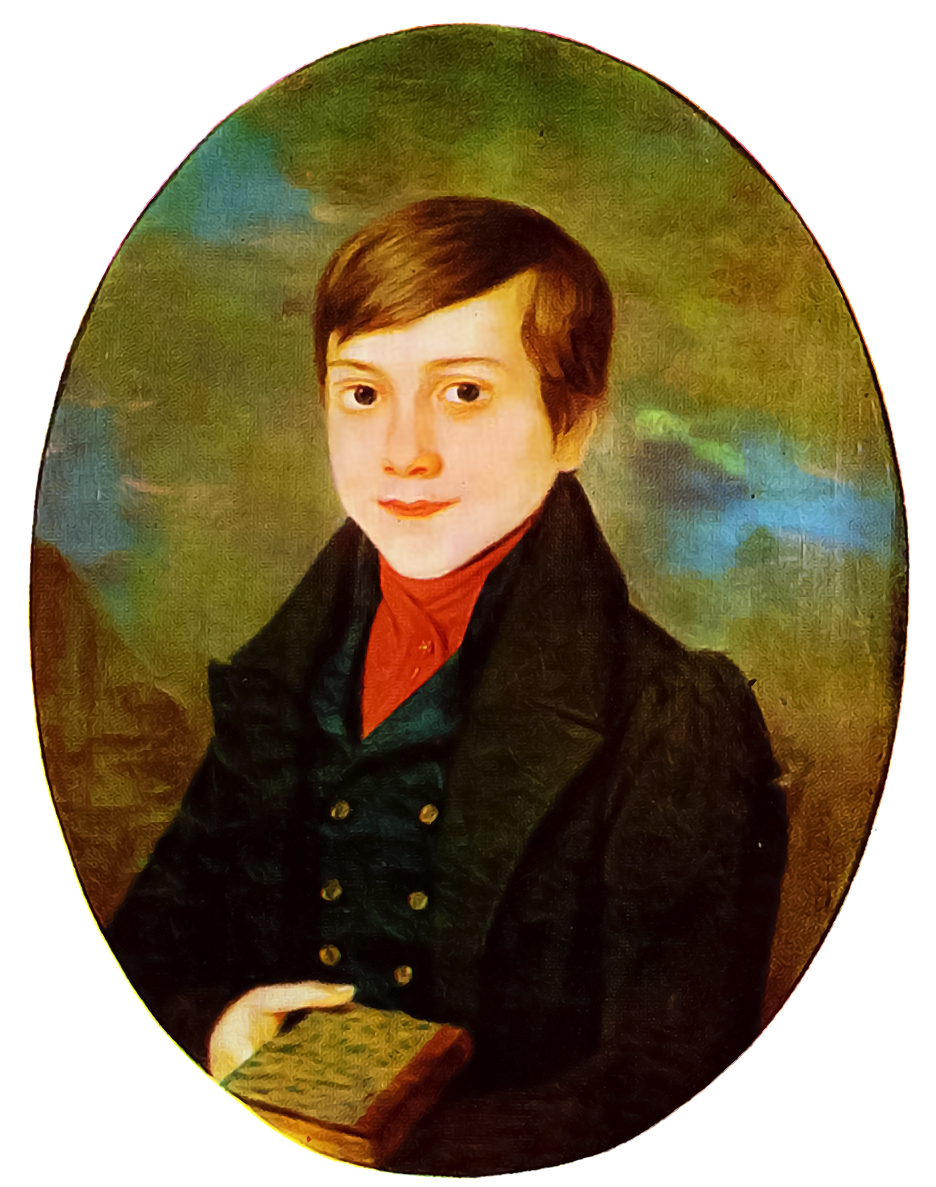

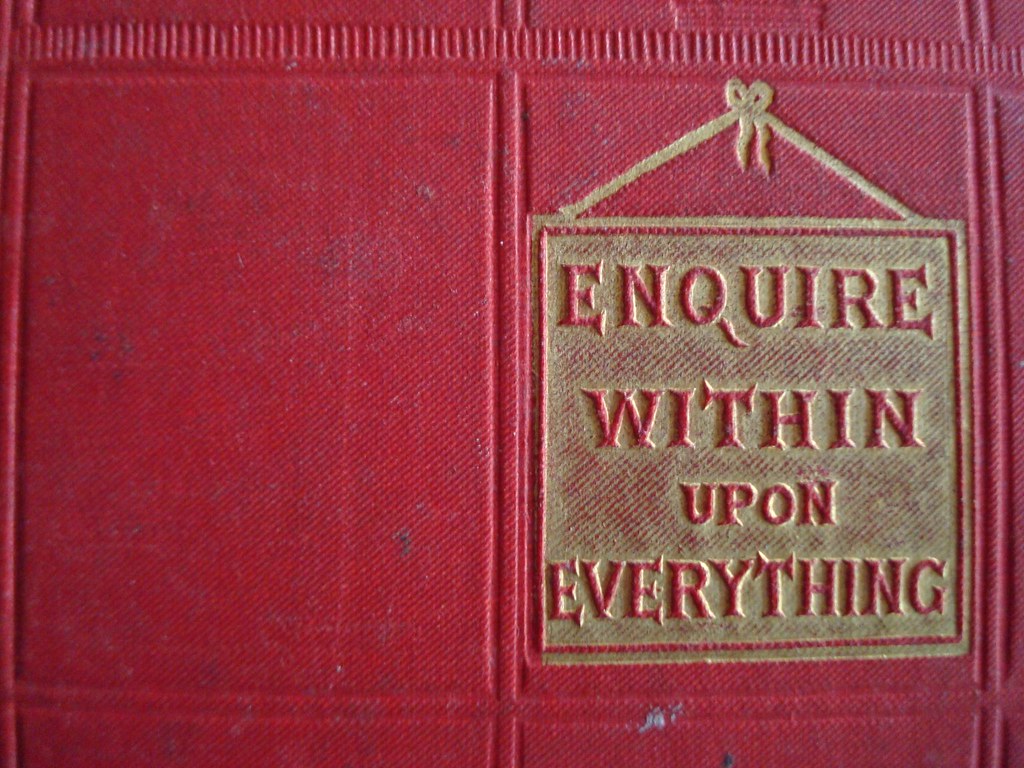
 What would you add to my list?
What would you add to my list?